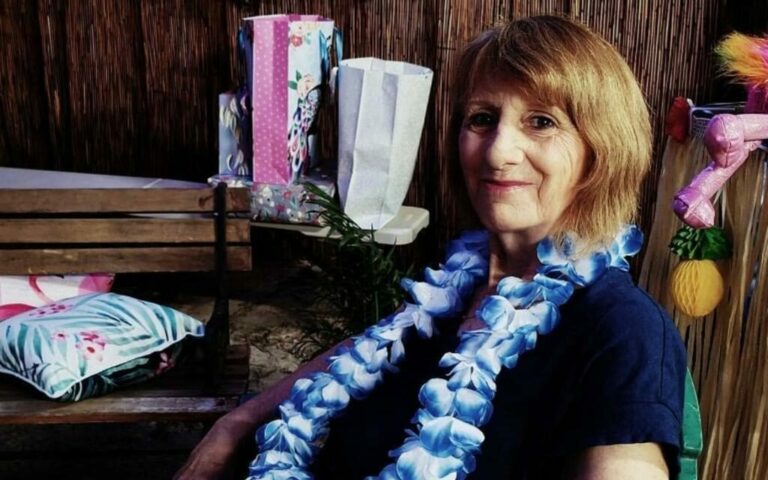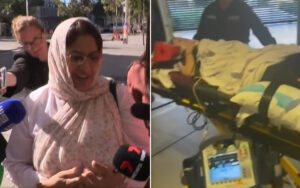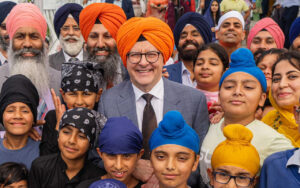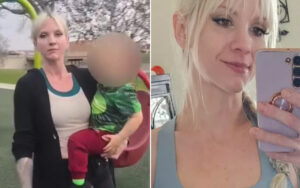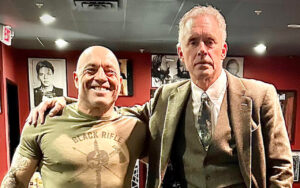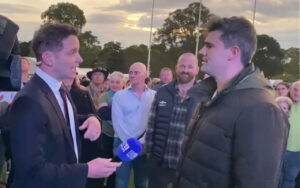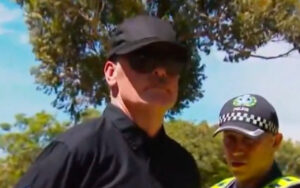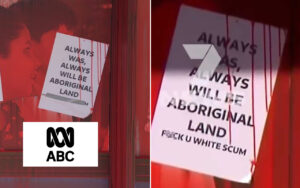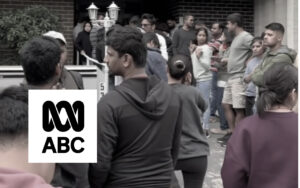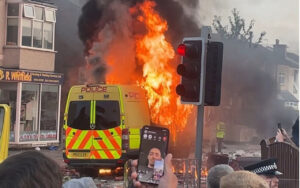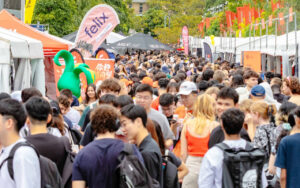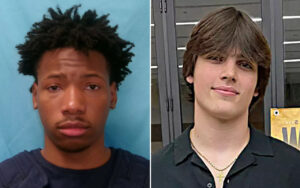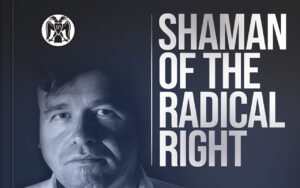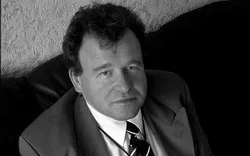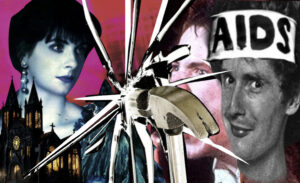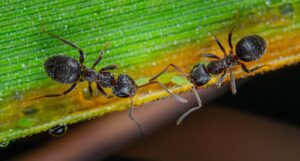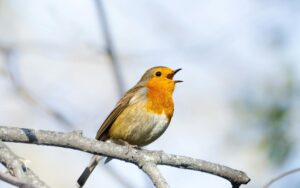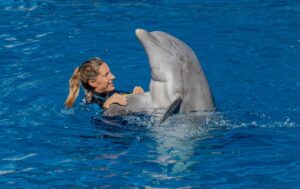On Saturday February 3 at around 6pm, 70-year-old grandmother Vyleen White was allegedly stabbed to death by a Sudanese refugee in an apparent failed robbery at a shopping centre in Brisbane’s west.
People nearby were alerted to the scene by the screams of her six-year-old granddaughter.
The initial police report, released at 11:20pm that night, stated that “a man, described as African in appearance”, left the scene prior to the arrival of emergency services.
Initially, the ABC reported the ethnicity of the suspect leaving the scene, only to later remove that segment from the article. Around the same time, it took down its social media posts about the incident. The ABC has not as yet replied to any request about why they did this.
Multiple other news broadcasters also chose not to publish the ethnicity and appearance of the suspect, including Australia’s largest news site news.com.au, the Brisbane Times, The Guardian, and even Sky News.
Given the severity of the attack, and the fact that Vyleen’s alleged killer was still at large, it was surely in the interest of public safety to publish the appearance of the suspects.
The next day, Anthony Albanese posted a eulogy to a “remarkable” woman. Only it wasn’t for Vyleen White, but rather Lowitja O’Donoghue, an Aboriginal activist who passed away at the age of 91. Peter Dutton also released a statement for Lowitja O’Donoghue; his only statement of the day.
Queensland Premier Steven Miles posted about rental bidding. Opposition Leader David Chrisafulli did not release a statement. The federal member for the area, Labor MP Shayne Neumann, also did not comment on the stabbing in his electorate, instead uploading photos of himself at an event 40km away.
As the investigation continued, a petition was opened calling for an increased police presence at the shopping centre.
The petition, started by Taylah Jefferson, said the horrific incident was not isolated.
“It adds to a growing list of assaults, thefts, and abuse that have been plaguing our community,” it said.
“We no longer feel safe going to the shops or simply enjoying the public spaces in our own neighbourhood.
“Incidents range from violent crimes like assault and robbery to property crimes such as theft and vandalism.”
Redbank Plains, home to a large percentage of Queensland’s South Sudanese community, has been plagued with violence and “community tensions” for years.
In 2018, a young local Australian woman Kimberly Smith was left with a fractured cheekbone following what she described as a “racially motivated” attack.
“It’s just the odd group of large African, Sudanese children who are causing havoc,” she told the reporter.
In September last year, an alleged “triple stabbing” occurred nearby, with a 33-year-old man charged with acts intended to cause grievous bodily harm and affray.
In July, four teens of African appearance were arrested after allegedly stabbing a Domino’s delivery driver multiple times in the chest.
In 2022, the Courier Mail revealed the “traumas” local children were facing as a result of allegedly being attacked, “ganged up” on, or “chased” in Redbank Plains.
“A mother says her daughter is a ‘prisoner in her own home’ and has been pulled from school after being set upon at an Ipswich shopping centre, as a chorus of parents share their own youth crime horror stories,” the article read.
Australian Bureau of Statistics data shows Redbank Plains as an increasingly multicultural area, with a high percentage of Samoan, Indian and South Sudanese migrants.
Languages spoken other than English include Dinka and Swahili at 3.1%, among others. 1% of the population was born in South Sudan. It’s also home to many second generation migrants, with around 2.4% of the population stating their parents came from South Sudan.
The problems apparent in Redbank Plains mirror those in Victoria, with an increasingly open and frank discussion emerging about South Sudanese crime.
Victoria’s crime statistics agency revealed in 2018 that people from Sudan made up 0.1% of the state’s population and 1.0% of the offender population.
“We acknowledge there’s a problem,” Achol Marial, a youth affairs officer at the South Sudanese Community Association in Victoria, told The Guardian.
The ABC later that year reported that Sudanese were vastly overrepresented in serious assault, aggravated robbery and riot and affray.
Early this year, American writer Christopher Caldwell revealed how an apparently racially motivated stabbing in France “changed the country”, drawing widespread condemnation and calls for immigration reform at the highest levels.
“Yes, fine, the troublemakers in La Monnaie were Frenchmen, not immigrants,” he wrote.
“But they were the type of Frenchman that immigration produces more of, and even Macron’s centrist voters were beginning to think that the country no longer had the material resources to afford them.”
The stabbing resulted in the death of 16-year-old rugby player Thomas Perotto. A name that was chanted in ensuing protests and condemnations from fed-up communities across the country.
“They always defend the France of the housing projects against Thomas’s France, rural France, the France that raises its kids decently, that doesn’t bring them up to hate France and French people,” one campaigner told the media.
The next day, the National Assembly observed a minute of silence in Perotto’s memory.
Will Australia see the same reaction for Vyleen?
